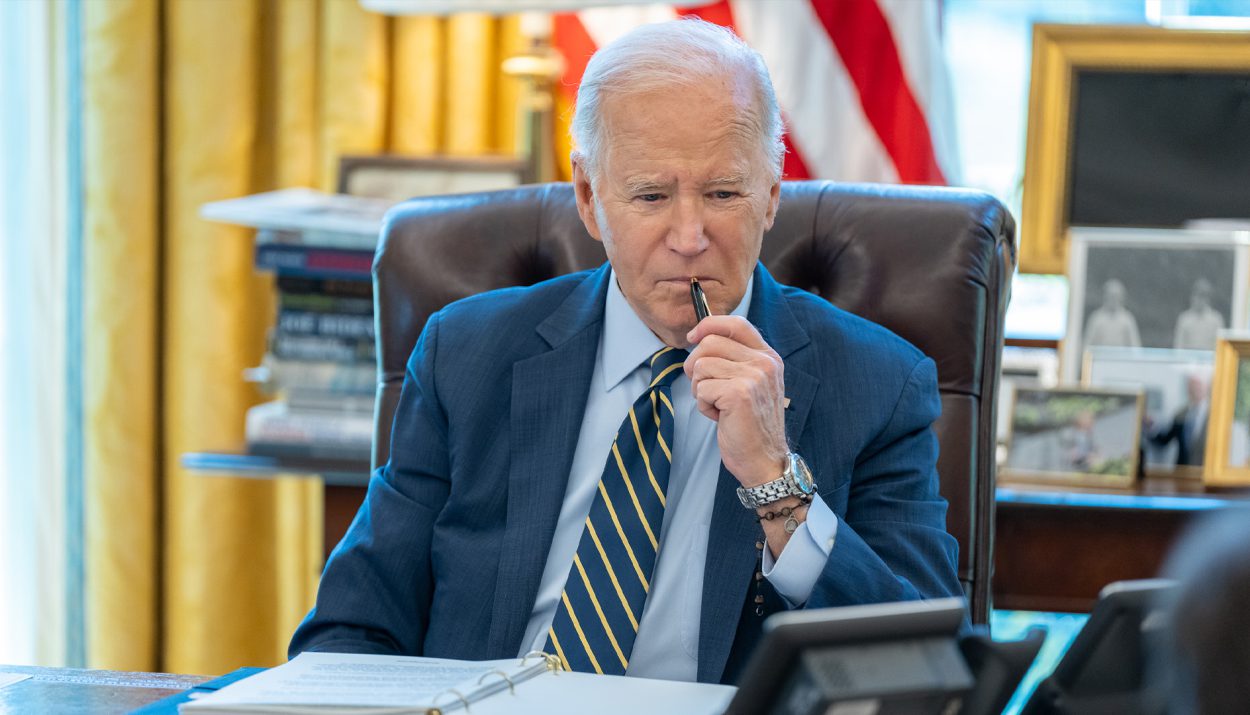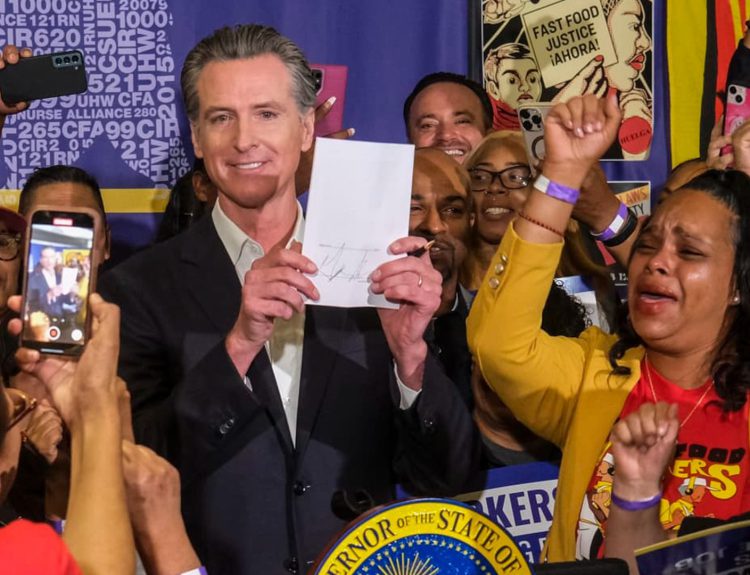Documents obtained by ABC News reveal that Ohio Attorney General Dave Yost’s office rejected an attempt by state Democrats to circumvent a crucial election deadline in order to get President Joe Biden included on state ballots this week.
Revealed Correspondence
The documents reveal correspondence from Ohio Attorney General Dave Yost’s office, Ohio Secretary of State Frank LaRose, and attorney Donald McTigue, who is representing Democrats in this matter.
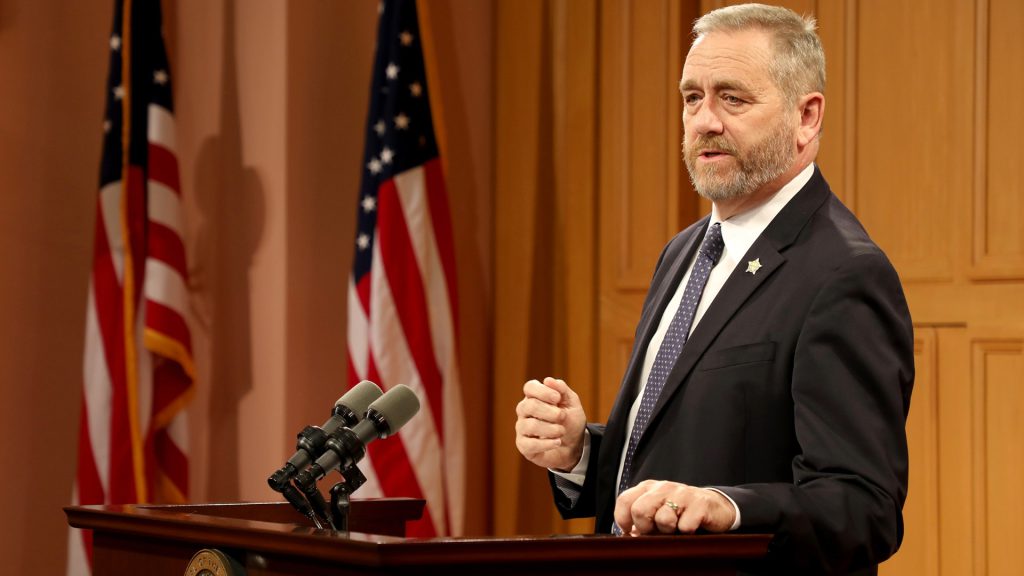
Earlier in the month, Ohio Secretary of State, Frank LaRose, who is a Republican, informed state Democrats that the Democratic National Convention won’t be taking place until over a week after Ohio’s deadline of August 7 for certifying presidential candidates.
Provisional Certification
LaRose cautioned that either the Ohio legislature would need to vote to amend the law or Democrats would have to expedite their plans for certifying President Biden and Vice President Kamala Harris.
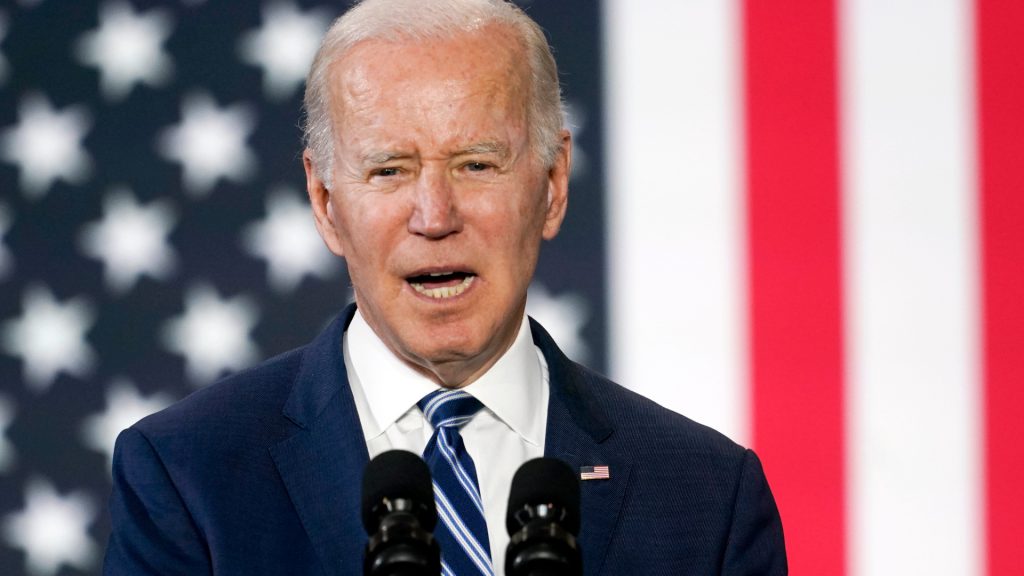
In a letter dated April 9, McTigue argued that the Secretary of State had the authority to accept a provisional certification of Biden and Harris’ nominations before the official certification at the Democratic Party’s convention.
The Attorney General Rejected The Plan
McTigue asserted that Ohio law permits a provisional move due to the fact that Biden and Harris “have secured the pledged delegates necessary to become the party’s nominees.”

LaRose subsequently consulted Yost’s office regarding the propose solution, but the attorney general issued a statement on Monday rejecting the plan.
Not An Option Under The Law
Yost’s office stated, “The Democratic Party’s notion of providing a ‘provisional certification’ by the statutory deadline simply is not provided for by law” as referenced by Paul Disantis, Chief Legal Counsel for Secretary of State LaRose.

The statement added, “Instead, the law mandates the Democratic Party to actually certify its president and vice-president candidates on or before August 7, 2024. No alternative process is permitted.”
The Democratic Party Must Certify Its Candidates
The statement concluded, “Thus, the Secretary of State lacks authority to accept ‘provisional certifications’ from the Democratic Party pursuant to [the law].”
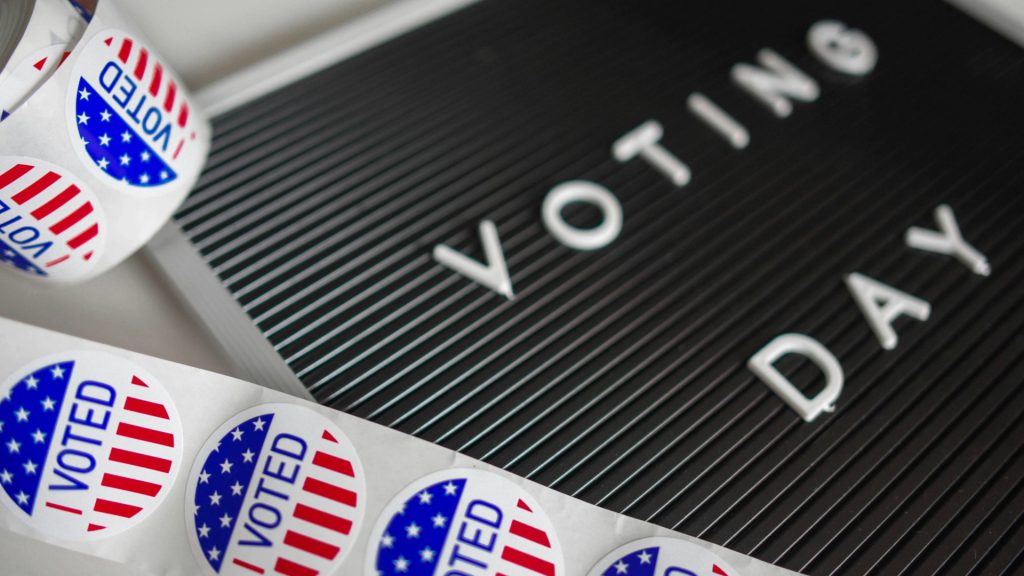
It also added emphatically, “The Democratic Party must actually certify its presidential candidates on or before August 7, 2024 to be placed on the 2024 General Election ballot.”
Ambiguity In McTigue’s Proposal
Disantis stated that he had observed some ambiguity in McTigue’s proposals.

Disantis wrote, “You use the personal pronoun ‘we’ throughout the document, but I am unclear on whose behalf you are communicating.”
McTigue Hasn’t Responded Yet
McTigue has not yet given any response to the attorney general’s office. There was also no immediate reply from his end to a request for comment from ABC News.

Biden’s campaign official stated, “Joe Biden will be on the ballot in all 50 states.”
“Apparent Conflict In Ohio Law”
On April 5, LaRose’s office notified both the DNC and Ohio of “an apparent conflict in Ohio law” regarding the national party’s nominating process and the deadline for certifying their presidential pick to the secretary of state’s office.

Washington and Alabama also raised similar concerns. Like Ohio, state lawmakers in these two states had previously included exemptions for situations where national parties held their conventions beyond the deadlines, allowing candidates to still appear on the ballot.
Biden Campaign’s Response
The Biden campaign has indicated that their initial strategy for addressing these calendar issues lies in getting the provisional certification for Biden and Harris.
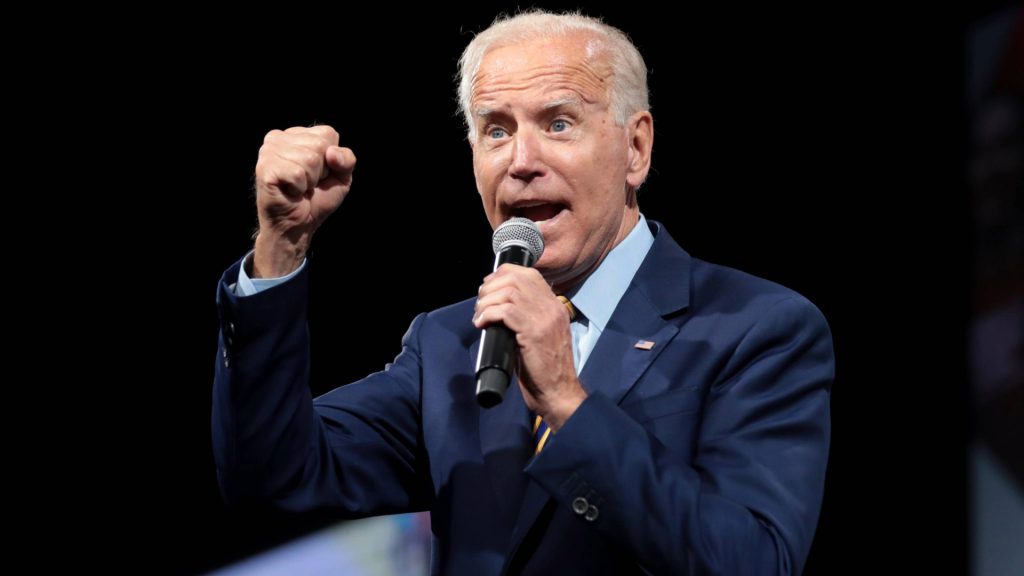
A Biden campaign spokesperson stated, “Joe Biden will be on the ballot in all 50 states. State officials have the ability to grant provisional ballot access certification prior to the conclusion of presidential nominating conventions. In 2020 alone, states like Alabama, Illinois, Montana, and Washington all allowed provisional certification for Democratic and Republican nominees.”
Bill Demora Wasn’t Surprised By The Rejection
Bill Demora, a state senator from Columbus, Ohio and a longtime operative of the Ohio Democratic Party, expressed little surprise at Yost’s rejection of the proposal outlined in the April 9 letter sent by McTigue.
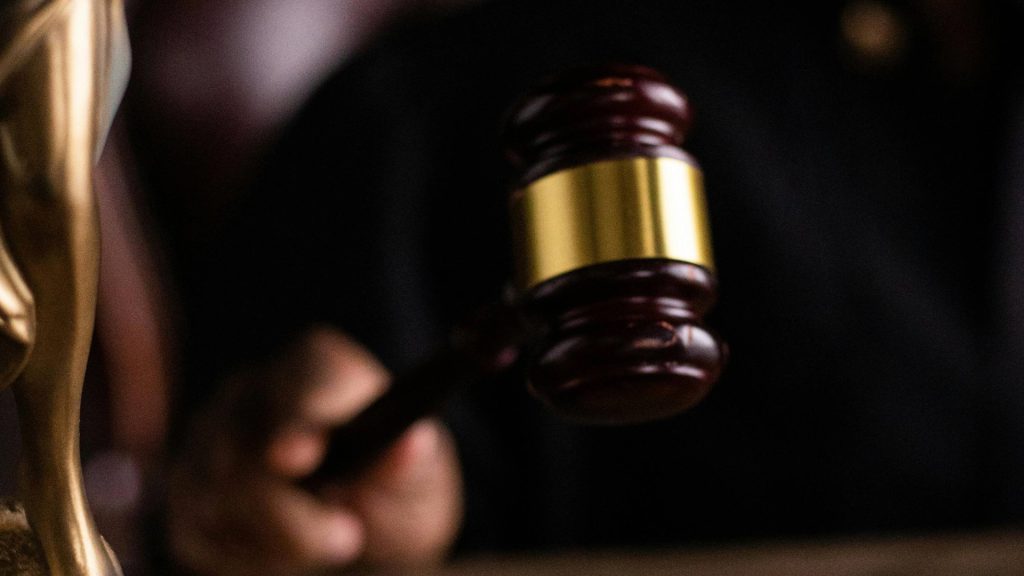
Demora said, “It was a Hail Mary to think that the Secretary of State had any ability to change the law when he’s an executive. I never expected it to go, but they did it just to say they did it.”
Biden Will Most Likely Quality For The Ohio Ballot
Demora said that he had discussed the issue with Democratic National Committee Chair Jamie Harrison who reassured him that Biden would qualify for the Ohio ballot despite the challenges.

Demora told Cleveland.com, “I think it’s going to be solved through Democratic Party processes that aren’t that complicated.”
States That Had Issued Provisional Certification
The Biden campaign pointed out that several states had issued provisional certification to presidential candidates in 2020 to address similar issues.

The list of states that had issued provisional certification in 2020 included Washington, Montana, Alabama and Illinois.
The Issue Gained Public Attention On April 5
Ohio Democrats had been aware of the issue internally for several months.

The issue of Biden qualifying for the state ballot gained public attention on April 5 when LaRose sent the letter to Ohio Democratic Party leaders.
Missing Out On The State Ballots
McTigue told Cleveland.com, “Here a court would have little difficulty finding a strict application of the [Aug. 7 deadline] imposes a severe restriction on President Biden and Vice President [Kamala] Harris’s access to the ballot.”
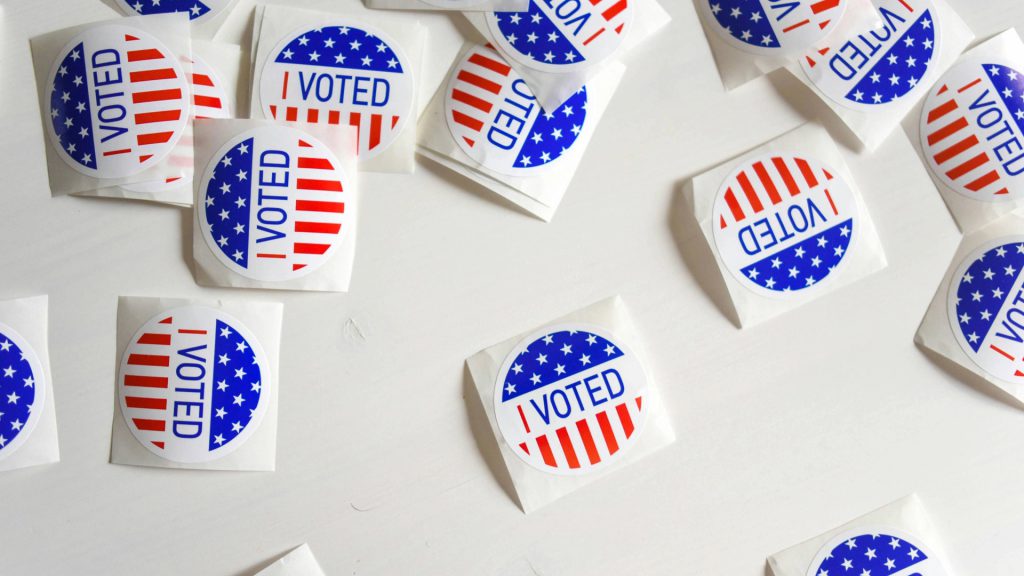
McTigue added, “If strictly enforced, the deadline would prevent one of the two major party presidential candidates from appearing on the ballot — an unjust and unconstitutional result.”

